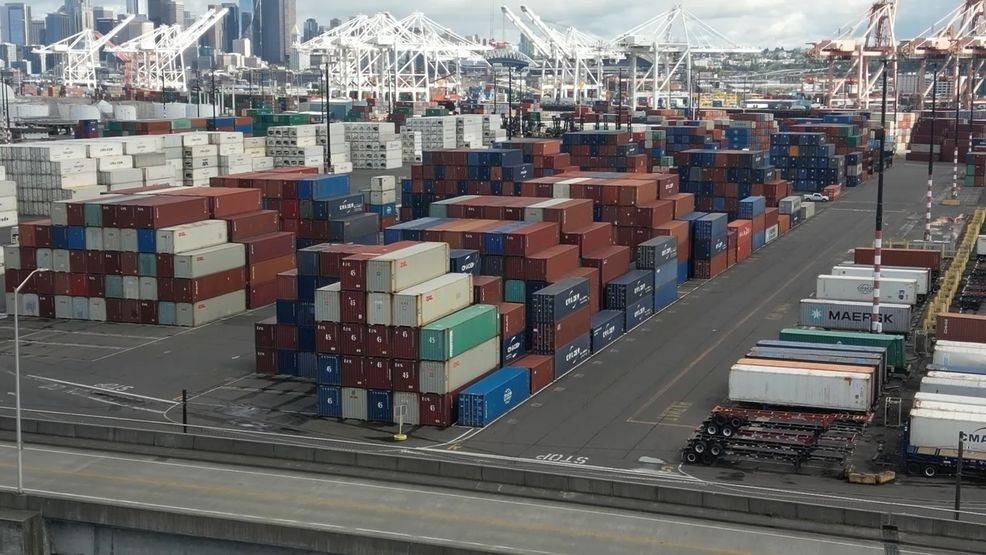SEATTLE — State lawmakers have been working to understand the state’s economic forecast after a less-than-optimal report.
While total state revenues are expected to grow between this and the next biennium, that growth has slowed down.
“We’re seeing relatively slow growth from what we’ve seen in the past,” David Reich, Executive Director and Chief Economist for the Washington Economic and Revenue Forecast Council, said.
Reich noted that so far, this year, employment has only grown by about .3%.
“Which is very slow employment grow for us,” he said. “So that’s kind of an indicator that the economy is growing kind of slow.”
As far as the government shutdown go, which is now in its third week, Reich said those are “relatively modest economic events,” depending on how long they carry on.
And inflation due to tariffs has been “more modest than expected,” Reich said likely due to timing, pullback and suppliers picking up added costs, as not to pass it onto consumers.
“We ‘ve just seen lower price impacts than we would have expected,” Reich said. “We still expect those to happen just maybe not as large and spread out over 2026.”
Over 75% of the state’s revenue comes from three taxes: retail sales tax, business and occupation tax, and property tax. Reich said part of the lower-than-expected revenue is in taxable sales.
But he said not all sectors of the state’s economy are growing slowly right now.
Import sand exports, for example, are up 7% year to date, especially in transportation equipment, likely attributable to new agreements that Boeing has made to sell planes to other countries.
He said agriculture is also doing well in exports. However, everything else within that bucket is down about 10% in the first half of the year.
“But that’s been happening for over a year or so, so it doesn’t seem to be necessarily driven by tariffs, it’s probably a change in global markets,” Reich said.
While the September report shows slow growth, Reich said he does think the GDP will go up next month, having an overall positive effect.
“Our base case is not a recession,” he said. “Our base case is that we will continue to see growth, but just slow growth.”
Reich said there will likely be higher inflation for the next few years, before getting back to a more predictable place 2027, he said largely due to tariffs’ impacts working through the system.
The state’s next economic forecast will come out in November.

